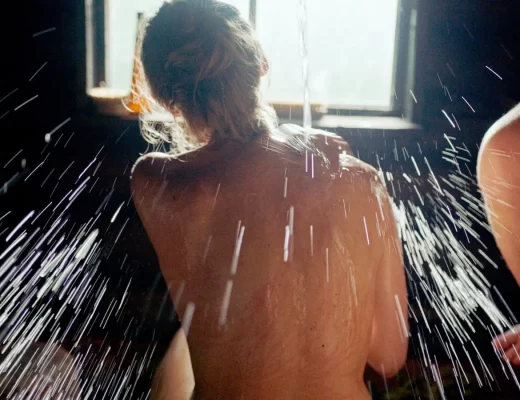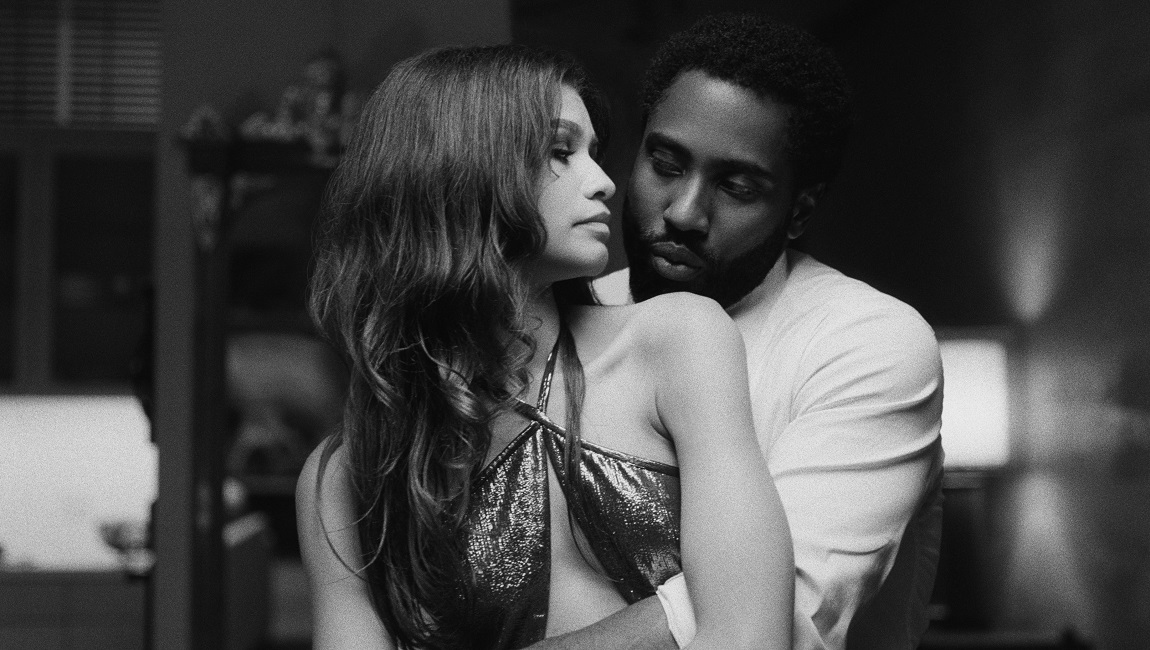Pixar welcomes us back into the realm of lighter fare with Up, the esteemed animation studio’s tenth film, and, at an agreeable 90 minutes, arguably their most refined and well-paced feature to date. Last time out, Pixar explored futuristic and dystopian landscapes with WALL•E, a cautionary tale about the dangers of polluting our planet. That film has a darker look than anything Pixar’s yet done, replete with desolation and an opening passage of 20-plus minutes which contains no real dialogue. WALL•E is also the story of budding romance between two machines, and it earned much critical acclaim, even speculation about a Best Picture nomination (not animated mind you, overall picture). It’s a good film, if an uneven one, with a questionable mid-picture shift that seems to abandon its more weighty themes for good ol’ fashion fun. In contrast, Pete Docter’s Up, the first film by the director since 2001’s Monsters, Inc., is about a human man in the twilight of his life. It’s probably the most heartfelt and emotional Pixar film yet (audiences, aged and grizzled, were seen crying behind their 3D goggle-things at this year’s Cannes Film Festival, where it was selected as the first animated opening film since Dumbo way back when). And it’s above all else an optimistic film, buoyant and hopeful, and grounded in the here-and-now: an ode to adventure, with luminescent, multi-colored balloons by the thousand, pulling a quaint little house equipped with sails made from bed sheets through a clear blue sky. It’s obvious from the get-go that we’re light-years away from the futuristic machinations, spaceships, and symbolic, pyramid-shaped trash heaps of WALL•E.
Elderly Carl Frederickson is our adventurer, and he’s voiced with a perfect blend of grump and good-heartedness by veteran Ed Asner, who deserves some kind of award for the emotional nuance he brings to the role. We first meet Carl during one of Pixar’s finer moments: An opening passage that’s at least as memorable as the one in WALL•E, wherein a young Carl sits in awe before a glowing movie theater screen, newsreel footage of his hero, explorer Charles Muntz (voiced by Christopher Plummer), filling his head with dreams of adventure. As if by fate, his newfound passion leads him to the love of his life, Ellie, another young adventurer who inducts him into her special club. The rest of the intro is a montage depicting Ellie and Carl’s life together, through marriage and heartache — much ado has been made about this film being the first in Pixar’s canon to show blood onscreen, but I’m pretty certain it’s also the first to allude to a miscarriage. All this is set to the wonderfully bouncy, sometimes melancholy, but always spirited score by Michael Giacchino, which ranks pretty darn close to his superlative work on 2007’s Ratatouille (still this writer’s favorite Pixar). The composer has said about his work on this film that he tried to channel opera, giving each major character a specific theme which then changes pitch and tempo depending on their emotional state.
Up really kicks into gear somewhere around the two-thirds mark, giving us plenty of time to get to know our now elderly protagonist. Carl’s wife has passed on; his house is being threatened by anxious bulldozers on all sides and by an appropriately devious, black-suited type who resembles Mr. Smith of the The Matrix. All that remains for Carl is his long-unfulfilled dream: He and Ellie always promised each other they would one day visit Paradise Falls, the Peruvian locale which their shared hero, Muntz, made a name for himself exploring. Docter and crew effortlessly communicate in that great opening section how our plans have a way of getting brushed aside. A trip to the hospital, a tree fallen during a storm — things happen, and the money Carl and Ellie intended to save for their own little adventure never stayed in the glass jar they were saving it in for very long. But now Carl is alone, and when he smacks one of the encroaching construction workers on the noggin for messing with his mailbox, the city demands he move to a retirement home. The time has come to fulfill his dream: Being a balloon salesman all his life, Carl unleashes his inventory — an army of luscious balloons float into the sky, lifting the tiny home into the early morning air and announcing the modest beginnings of a grand journey. It’s one flight of fancy in a film of many, as Up is primarily about following your dreams by any means necessary, and though its characters are more realistic and grounded than just about any Pixar has given us, Up is still a soaring fantasy, one that explores the elevating powers of imagination.
That’s to say, Up is movie magic from first frame to last. Docter’s storytelling talents are every bit as enviable here as in his last film, if not more so. Aided by Giacchino’s full-blooded score, Docter tugs on the heartstrings with every well-placed piano plink and acoustic pluck, but the sentiment almost always seems sincere and earned. The film engages us through the uncommon bond of friendship that develops between Carl and his much younger travel companion, Jr. Wilderness Explorer Russell (voiced by Jordan Nagai). It taps into Walt Disney’s known love of nature, and possesses an almost Herzogian curiosity toward the beguiling pleasure of exploring the great outdoors (there’s even a nod to the great German filmmaker’s Fitzcarraldo, as Carl has to pull his house across a mountain). Still, like most of Pixar’s work, Up isn’t perfect — there’s a need to entertain the younger members of the audience which requires more action to manifest in the last act, somewhat forcefully, with everyone running around and fighting to create higher stakes and taking emphasis off these well-drawn characters and their development. Our heroes dangle limply from cliffs — or, in this case, the outside of a giant dirigible — their lives hanging in the balance, as audiences swoon. Of course, this is nothing new, and at the end of it all, despite the flaws (there are talking dogs in this movie — just throwing that out there), there’s an overwhelming sense that we’ve been to these exotic places with these memorable characters ourselves. We’ve braved stormy weather, trekked through jungles, and encountered endangered species. We haven’t, of course, but that’s the magic; we’ve just sat in a movie theater, gazing in awe up at the screen just as Carl did as a little boy.







